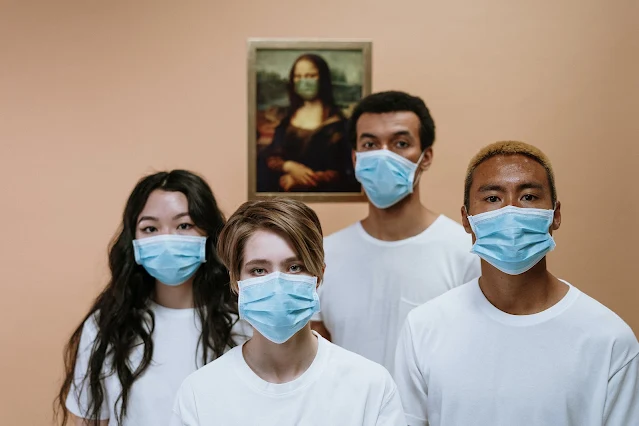Fact or Fiction: Investigating the Effectiveness of Popular Health Hacks
Health hacks have become a popular trend in today's society, with people constantly seeking quick and easy solutions to their health problems. From detox diets to miracle supplements, these hacks promise to provide a shortcut to better health and wellness. But are they really effective, or are they simply fiction? In this article, we will delve into the world of health hacks, investigating their claims and examining the scientific evidence behind them
The Rise of Health Hacks in Popular Culture
In recent years, health hacks have gained significant popularity, thanks in part to the rise of social media influencers and wellness gurus. These individuals often promote various health hacks as the secret to their own success, creating a sense of curiosity and intrigue among their followers. As a result, millions of people have jumped on the health hack bandwagon, hoping to achieve similar results.
Investigating the Effectiveness of Health Hacks
While health hacks may seem appealing on the surface, it is important to approach them with a critical eye. Many of these hacks lack scientific backing and rely solely on anecdotal evidence or personal testimonials. To determine their effectiveness, it is crucial to examine the claims made by health hacks and evaluate the scientific evidence behind them.
Common Health Hacks and Their Claims
There are countless health hacks out there, each promising a unique set of benefits. From apple cider vinegar shots to intermittent fasting, these hacks often claim to improve digestion, boost metabolism, or promote weight loss. However, it is essential to separate fact from fiction and explore the scientific research supporting these claims.
Scientific Evidence for or Against Health Hacks
When it comes to health hacks, scientific evidence is key. Without proper research and studies, it is challenging to determine their true effectiveness. In some cases, scientific studies have supported certain health hacks, such as the benefits of meditation for reducing stress and improving mental health. However, for many health hacks, the evidence is limited or inconclusive.
Expert Opinions on Health Hacks
To gain a better understanding of health hacks, it is beneficial to seek the opinions of experts in the field. Many healthcare professionals and scientists have weighed in on the topic, providing valuable insights into the effectiveness of various health hacks. While some experts may endorse certain hacks based on scientific evidence, others caution against relying solely on these quick fixes.
The Dangers of Misinformation in Health Hacks
One of the biggest dangers of health hacks is the spread of misinformation. With the rise of social media, anyone can become an influencer and promote their own health hacks, regardless of their qualifications or expertise. This can lead to the dissemination of inaccurate information and potentially harmful practices. It is crucial to be cautious and skeptical when encountering health hacks online.
Debunking Popular Health Hacks
In our quest for better health, it is easy to be lured in by the promises of health hacks. However, it is important to separate fact from fiction and debunk the myths surrounding these popular hacks. By examining the scientific evidence and consulting with experts, we can debunk common health hacks and make informed decisions about our health and wellness practices.
Fact-Checking Health Hacks
In an era of fake news and misinformation, fact-checking has become increasingly important. This applies not only to news articles and political claims but also to health hacks. It is essential to verify the claims made by health hacks and seek out reliable sources of information. By fact-checking health hacks, we can ensure that we are making informed decisions about our health.
Conclusion: The Importance of Critical Thinking in Health Advice
In conclusion, health hacks can be both fact and fiction. While some hacks may have scientific evidence supporting their claims, many others lack credibility and rely on anecdotal evidence. It is crucial to approach health hacks with a critical eye, fact-check their claims, and consult with experts. Ultimately, the most effective approach to health and wellness is one that is based on scientific research, sound advice, and critical thinking.
Call to Action
For reliable and evidence-based health advice, consult with healthcare professionals and trusted sources. Remember, critical thinking is key when it comes to your health.


Post a Comment